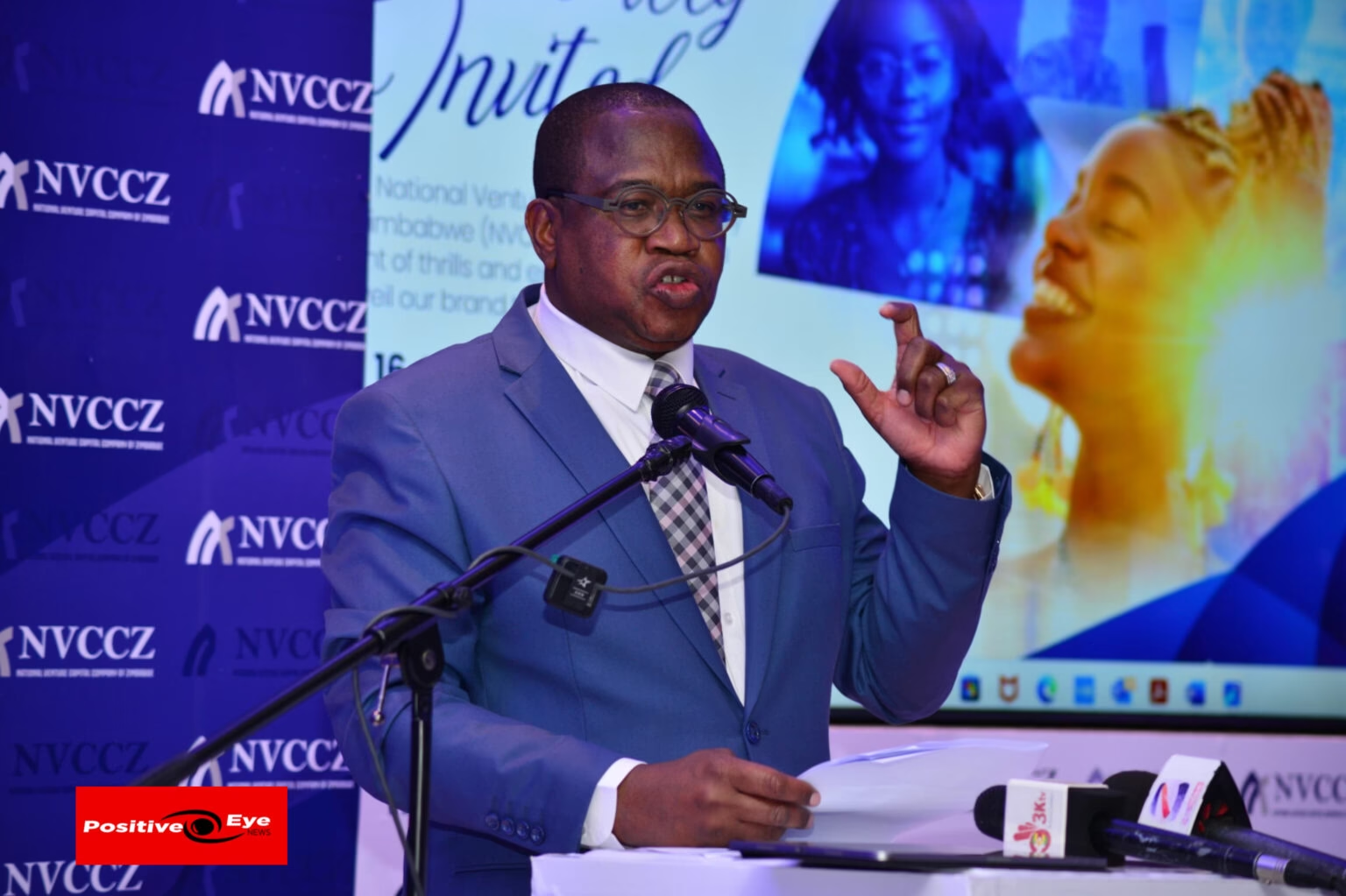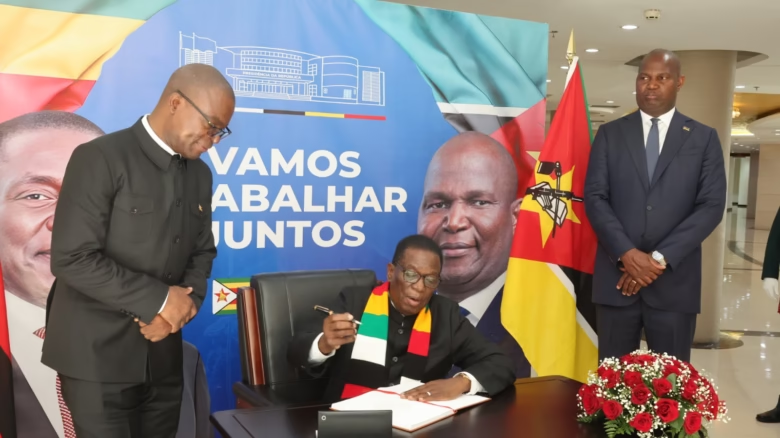
Zimbabwe’s leadership used the Zimbabwe Economic Development Conference in Bulawayo to set out one of its most ambitious economic outlooks in decades, tying the country’s recovery story to fresh data and targeted sectoral strategies. Finance Minister Prof. Mthuli Ncube, standing in for President Mnangagwa, announced that the economy is now projected to grow by 6.6 percent in 2025, with output expected to reach about US$52.3 billion, up from US$45.7 billion last year.
The revised forecast, he explained, was informed by an economic census that revealed higher levels of output than previously captured, particularly in manufacturing and services.The tone of the conference was shaped by a focus on data and evidence-based policy. Deputy Finance Minister David Mnangagwa stressed that meaningful engagement between government, business, and academics should be grounded in facts, while Reserve Bank Deputy Governor Innocent Matshe assured delegates that Zimbabwe’s financial sector remains capable of handling capital inflows, remittances, and dividend payments.
Permanent Secretary George Guvamatanga described the past year as the country’s longest stretch of macroeconomic stability in the life of the Second Republic, pointing to higher company sales volumes as a sign of stronger consumer demand.Beyond headline figures, the conference highlighted six pillars for economic transformation: infrastructure development, agro-processing and value chains, resource mobilisation, digital and artificial intelligence interventions, diaspora investment, and regional integration through the African Continental Free Trade Area.
Industry Minister Nqobizitha Mangaliso Ndlovu argued that these priorities are already translating into higher levels of capacity utilisation and fresh investor interest across the industrial sector.Perhaps the most striking proposal came from Prof. Ncube himself, who floated the idea of developing a 24-hour economy. With electricity demand lower at night, he argued, the country could expand production without straining resources, creating opportunities for businesses to increase output and employment.
The idea is ambitious, and its success would depend on reliable power supplies, efficient transport, and security, but it signals a willingness to think beyond traditional approaches to growth.The ZEDCON platform showcased a government eager to present Zimbabwe as both stable and forward-looking, emphasising that its targets rest on newly strengthened data rather than political optimism alone. Yet, the effectiveness of this vision will hinge on how consistently policies are implemented and whether the structural reforms identified at the conference can translate into sustained productivity gains. For now, the numbers tell a more confident story than in past years, and ZEDCON 2025 marked an attempt to link that story to a wider national transformation agenda.




